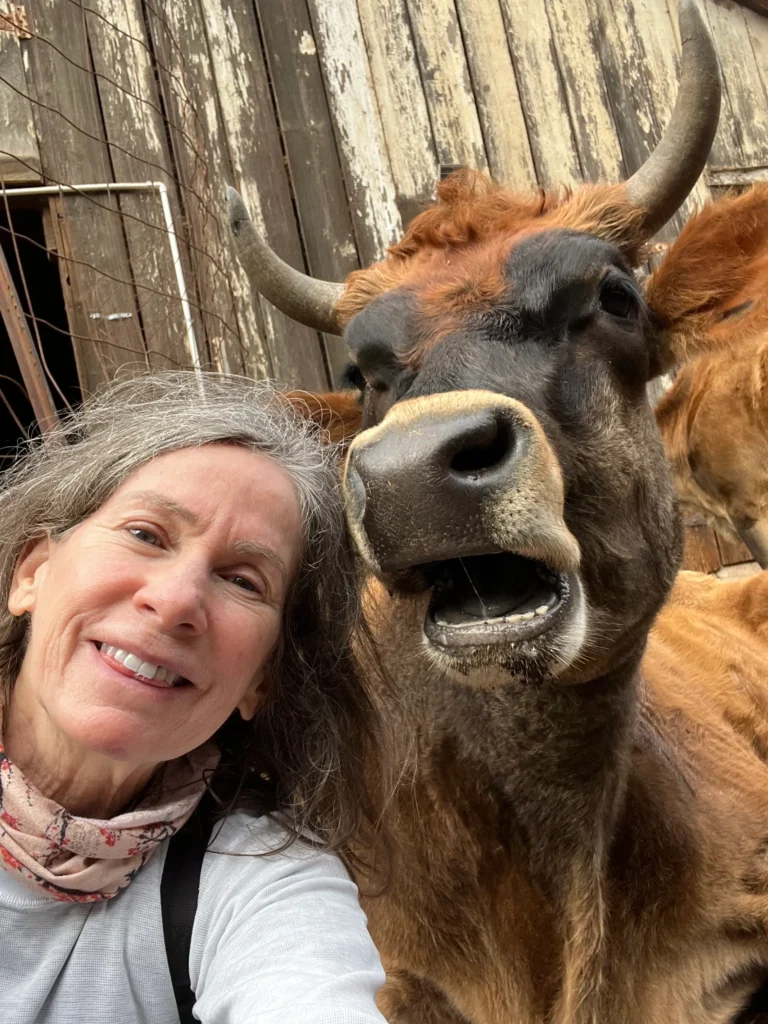Grandma Go-Go is the name my sisters and I gave our paternal grandmother, because of the white, leg-hugging pleather “Go-Go” boots she often wore. Grandma Go-Go was a great storyteller. She grew up on a farm and one day during lambing season when she was quite young, she ran into the house yelling, “We have a black sheep! We have a black sheep!” Her father asked, “Is it you?” At this punch line Grandma Go-Go would throw her head back and laugh and laugh, transforming the otherwise disreputable black sheep label into something to covet. My fondness for Grandma Go-Go’s black sheep story points to the kind of writer I am. I’m drawn to stories about people responding to the absurdities lurking beneath life’s quotidian demands. For me this almost always has to do with characters dealing with losses ineptly enough to be wryly funny, but also sad and hopeful. Arising out of my academic research about how people become wise, my stories often explore loss brought on by something simple: a misunderstanding, a white lie, a secret, a misstep, a poor-me-moment—something that creates a chain reaction of unexpected havoc and possibly the need for a reckoning. Self-forgiveness and self-unforgiveness show up often, even when I think I’m writing about something else. Writing gives my life meaning, no small thing at this point as the years go breathtakingly fast.
I love running and hiking, and both are crucial to my writing process; they provide the interludes I need to sort out and understand whatever it is I am writing. I also volunteer at One Living Sanctuary, a sanctuary where rescued farm animals can live out their natural lives. I post about my animal friends most Thursdays, on Instagram and Bluesky.
